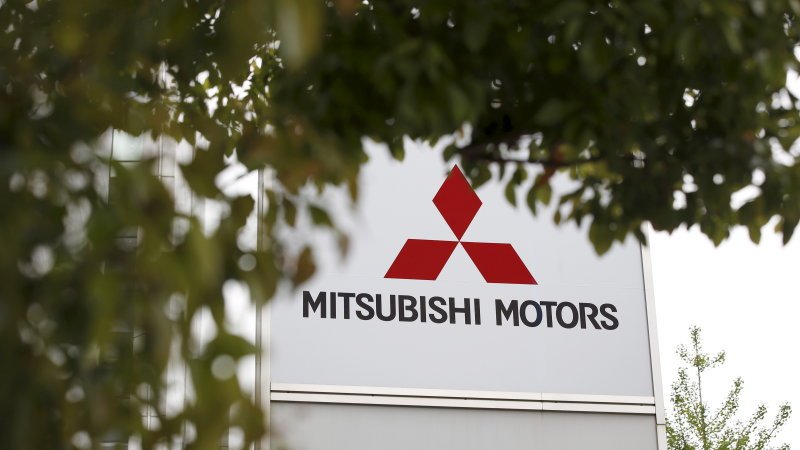Investigators say Mitsubishi mpg scandal was 'collective failure'

Specifically, there was a lack of unity between divisions, company-wide pressure to boost fuel-efficiency numbers, and an unwillingness to accept fuel-economy shortfalls, Automotive News says, citing comments made by consultants who hired by the company to investigate the problems. Challenging management authority even if it was proper to do so was also frowned upon. One of the investigators called the scandal "a collective failure."
Among other suggestions, the consultants recommended that Mitsubishi's vehicle-mileage certification be independent from research and development, that there's greater transparency overall, and that there's a more thorough understanding of laws. New shareholder Nissan may also invest in retooling Mitsubishi's R&D operations, and is sending one of its former executives, Mitsuhiko Yamashita, to Mitsubishi to try to prevent any sort of repeat problems. Mitsubishi joined a list of automakers including Volkswagen, Hyundai/Kia, and Ford that have been found in recent years to either mislead with its published fuel-efficiency figures or emissions-testing procedures. A Nissan spokesman declined to comment on the Mitsubishi report, according to Automotive News.
The recommendation comes less than three months after the announcement that Nissan would help rescue Mitsubishi from its fuel-economy scandal by acquiring part of the company. Nissan agreed in May to pay $2.2 billion for a 34-percent stake in Mitsubishi, and said at the time that Mitsubishi would join the Renault-Nissan Alliance. Nissan also owns 15 percent of France-based Renault. That announcement came right after Mitsubishi's admission that it may have falsified fuel-economy data for every one of its vehicles made in Japan dating back to 1991.
Related News


